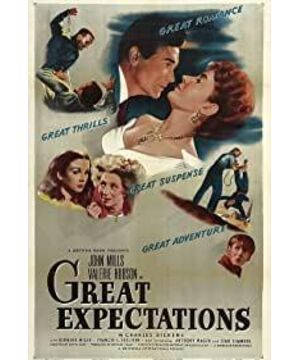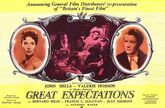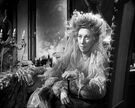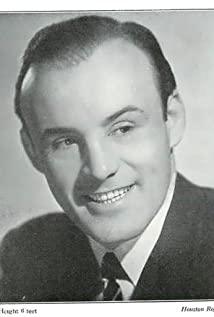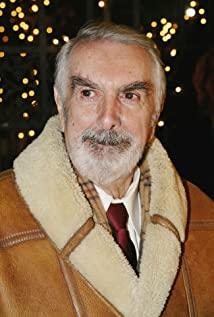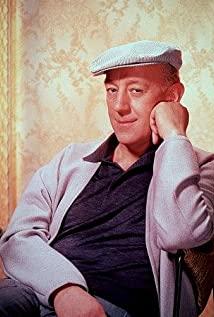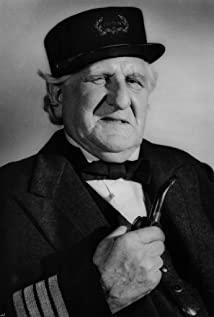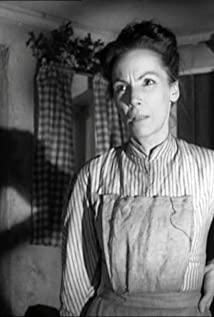In the past two days, I watched the movie "Great Expectations" based on Dickens' novel of the same name. I checked the Internet and found that nine of the famous novels have been adapted into movies, and there are even Indian and Australian ones. I found six here, and one of them was in English, so I couldn't read it. So it took two days to read Dickens's original work again, and then read the remaining five books in turn.
The story takes place in the English countryside of the nineteenth century. The young Pip was raised by his sister and brother-in-law, whose parents were deceased. While going to visit his parents' grave on Christmas Eve, he encounters a fugitive who asks Pip to give him food and a file, which Pip does out of fear and compassion. Before long, Pip arrives at the local mansion to accompany the old maid, Miss Havisham, and falls in love with her adopted daughter Estella. They are also scorned and ridiculed from time to time. A few years later, one day, Jaggers, a lawyer, came to the house and informed Pip that he had received a property funded by a mysterious man and was going to London to become a high-class man. The news made Pip excited. After saying goodbye to my brother-in-law, I came to London to learn the rules of the upper class and live a luxurious life. During this period, he kept in touch with Estella from time to time, and Estella always kept a close distance from him. Pip's life is not happy. On a rainy night, an uninvited guest suddenly visits, it turns out that he is the fugitive McGovich that Pip met in his early years. After he escaped from prison, he went to Australia to run a farm and made a fortune. He never forgets to help his little Pip when he was in the most difficult time. He is determined to use his wealth to make Pip a first-class person. It was only then that Pip realized that it was not the rich lady Havisham who was sponsoring him, but the former prisoner. After that, Pip became mature. Estella is married to another woman, and brother-in-law Joe has always cared for Pip. Pip and his friends help McGovich to escape, but McGovich, who is facing hanging, dies in prison. Miss Havisham also passed away. At the end of the film, Pip, who has a successful career, returns to his hometown. While exploring the mansion, he encounters Estella, who has a troubled life, and awakens the love in his heart again.
Here's the synopsis and spoilers for the movie. The following look and feel is for the 1946 edition of Great Expectations.
The most striking thing about this version is the ending. Decades ago, after a friend watched the film, he came back to me and talked about it. A melancholy Pip walks into the dilapidated mansion and finds a disheartened Estella sitting in Havisham's seat, surprised and puzzled. Estella told him: "I like this house, it is far away from the complicated world." Obviously, Estella at this time was in a similar mood to Miss Havisham. When she tried to design a man, she was designed by life. . Living in a state of "no sympathy, no tenderness, no emotion". Until the time of despair, Estella also wanted to follow in the footsteps of Miss Havisham, living the rest of her life in loneliness and boredom. At this time, Pip yelled at the empty room: "I'm back, I want the sun to come in!" He ran forward, pulled the heavy curtains, opened the window, and let the sun shine in the dusty place and cobwebs. He said to Estella, "Look, Estella, only dust and rot and nothing else."
Views on life and the choice of life path have always been themes in literary and artistic works, and I will not be chicken soup here. What I want to say is that everyone wants their lives to be spiritually fulfilled and materially prosperous. It is good to be dissatisfied with the current life and keep on pursuing upwards. But once you reach the goal that you once dreamed of, it will look like that. For example, Pip in the film has lived the life of a high-class person, but he is overwhelmed. While working, Pip said to brother-in-law Joe's girlfriend Beatty, "I want to be a gentleman." Beatty replied, "If I were you, I wouldn't. Don't you think you're happier now?" Whether what you think is right or wrong, the real joy in life lies in the pursuit, in the process. After Pip became a high-class man, he thought from time to time that it was not as good as the days in the blacksmith shop. That's all, the most fearful thing is that there is no hope in life, or even the despair that arises after experiencing spiritual hardships. At this time, suicide is a kind of relief, and torturing oneself is also a way. Like Havisham and later Estella, if a person reaches this point, it is completely over.
This scene is completely different from what is described in Dickens' novel. At the end of the novel, Pip and Estella are in a light sadness with little hope. The film uses Pip's very intense way to express this hope for life. But whether it is Dickens or the film director, whether this hope has been fulfilled or is always calling, they are telling us that there is hope in life, as long as you pursue it. I remember the last sentence in Dumas' novel "The Count of Monte Cristo": the wisdom of life lies in waiting and hope. These words are meaningful to Pip, to Estella, and to us watching the movie. Happiness is precisely in this expectation, and also in the process of people's pursuit.
This film is black and white. My viewing experience is no worse than that of later color films. Maybe it's because I focus on the plot rather than the photography. The countryside where Pip lives in the film described in the film is desolate and surrounded by thick fog. John Mills, who played Pip, was naturally good at acting, but he was obviously older. Mills was 38 years old at the time, and Pip was only 21 years old, which looked a little awkward. In the film, the death of Pip's sister is very abrupt. In the novel, her sister died after a long illness.
My rating: 7.5.
View more about Great Expectations reviews


